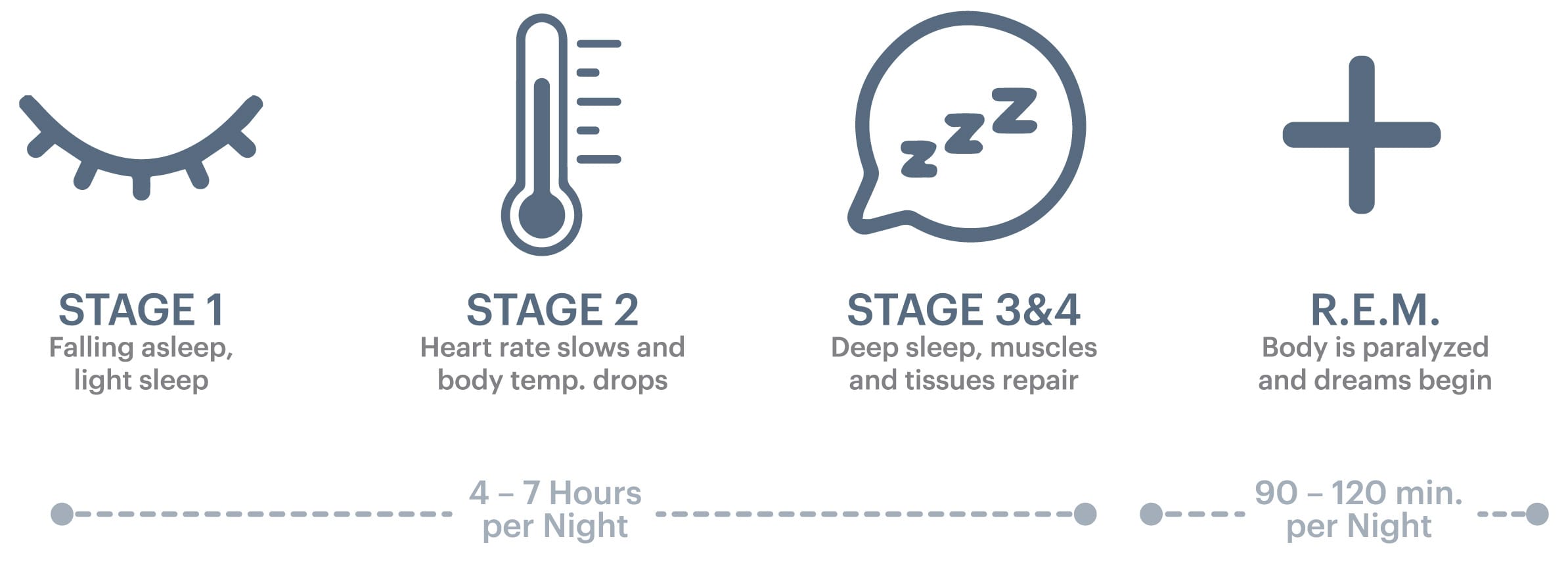
There isn’t significant evidence that the autumn time change is as detrimental for our health and our hearts as the time change in the spring. This makes sense as in the fall we gain an hour of sleep while in the spring, we lose one. (And that loss of sleep can lead to sleep deprivation which is very hard on the heart.)
However, even with the extra hour of sleep come November’s time change, our bodies still rely on a consistent routine to function optimally. Any change to that routine can create issues such as:
- Disruption of hormone production
- Triggering stress
- Causing irritability
- Impacting sleep
- Impacting metabolism

Because light is what regulates our circadian rhythm, when the timing of our light exposure is drastically shifted (regardless of the amount of sleep that results from it), our circadian rhythm becomes disrupted. This in itself increases cardiovascular risk factors, including:
- Myocardial infarction
- Arrhythmias
- Stroke2
And those who already have known cardiovascular diseases, or who have a higher risk level, are at an even greater odds of time changes creating complications.

Keep your usual nightly routine
As previously mentioned, sticking to nightly routines are important for getting consistently good sleep (and therefore for your heart health). So, once the time changes, stick to your normal routine; business as usual.



